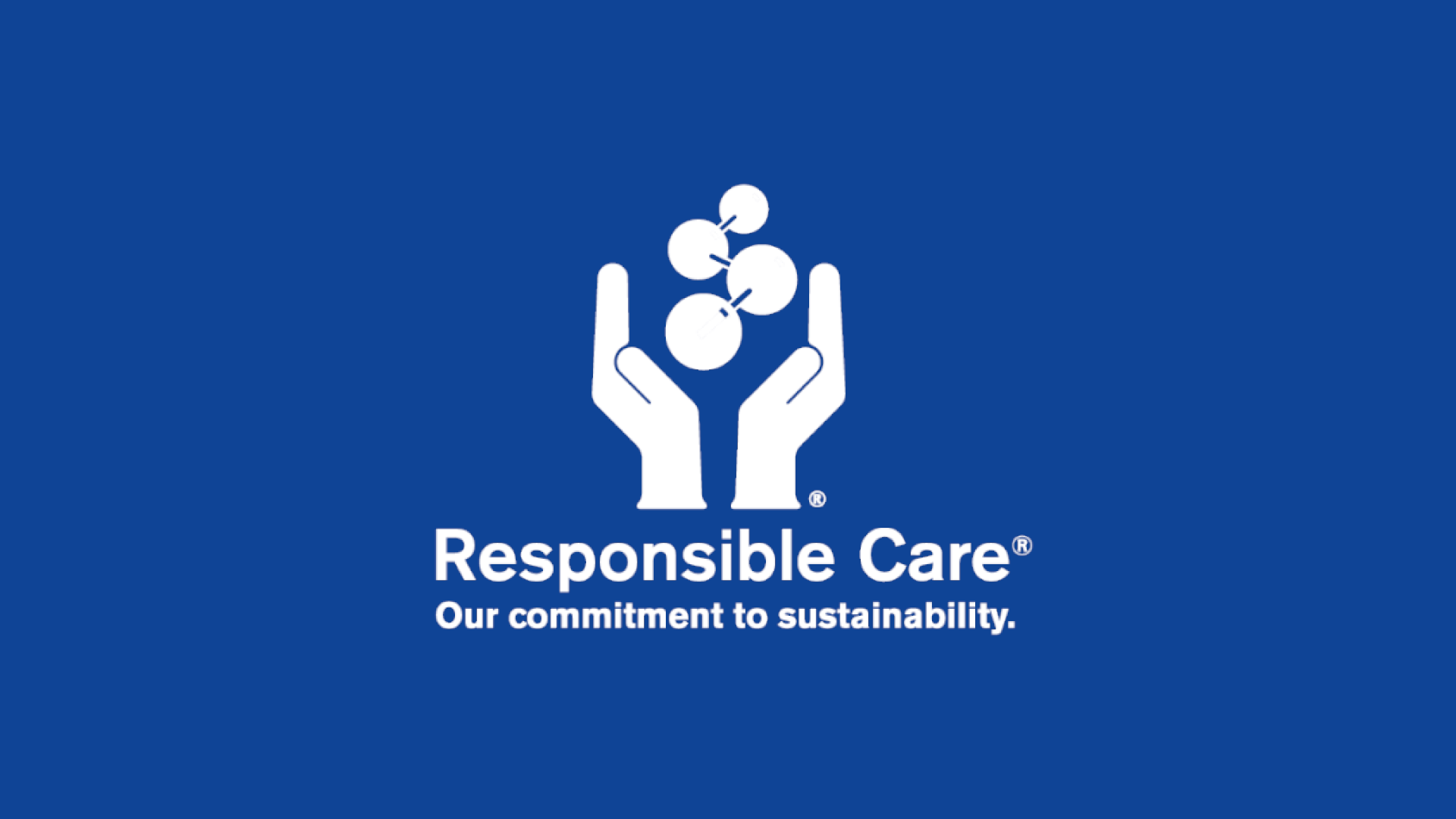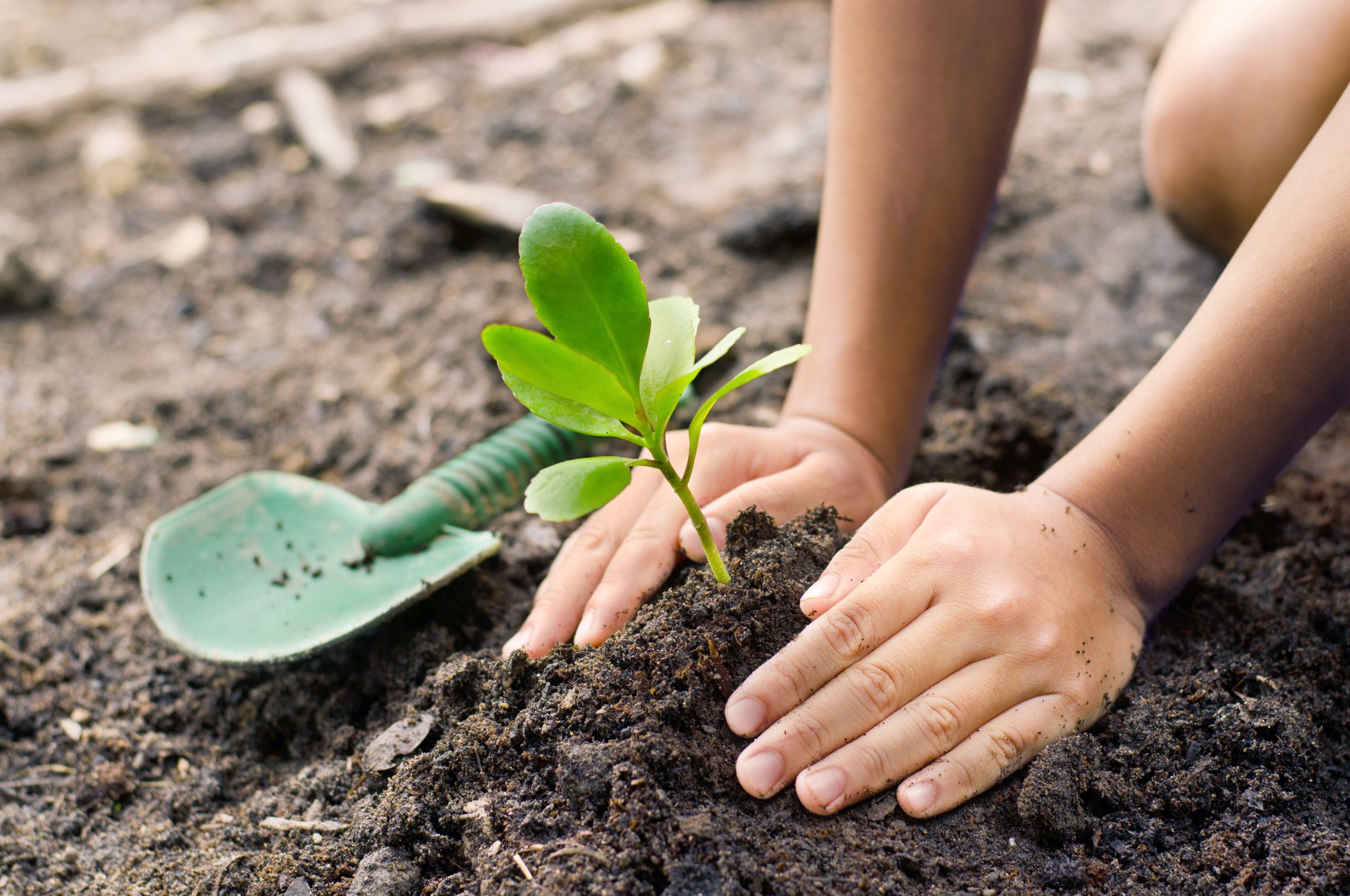Responsible Care 2020 results published – sustainability work in the chemical industry moves forward despite the pandemic
The results of the Finnish Chemical Industry’s Responsible Care programme for 2020 have been published. As the results show, the long-term efforts in the industry to promote sustainability are paying off. The Responsible Care programme is used to monitor the progress of the chemical industry’s sustainability work and the achievement of the Carbon Neutral Chemistry 2045 goals, which are part of the programme. This attests to companies’ desire to make their operations even more sustainable and to reduce emissions.
In comparison with the previous year, the volume of greenhouse gas emissions decreased while the use of energy remained stable. In addition, an increasing number of companies reported that they used renewable energy. According to a new indicator introduced in 2020, 96% of process emissions, 64% of energy consumed and 13% raw materials used are covered by emission reduction targets. On the whole, greenhouse gas emissions in the sector have fallen by 27 per cent since 1999.
Progress has also been made with regard to circular economy indicators. An increasing number of companies used renewable raw materials. The number of companies using recycled materials or production side streams had also increased from the previous year. As a whole, 3% of the materials leaving production were side streams and waste, of which 88% was utilised as a raw material or for energy production.
‘The Responsible Care programme’s concrete and continuously developing indicators offer companies an easy-to-use tool and method for monitoring their climate impact and developing their sustainability. In addition, the programme’s results attest to the long-term development work in the sector and a true shift towards a carbon-neutral chemical industry,’ explains Ella Vilén, a sustainability advisor at the Chemical Industry Federation of Finland.
Further drop in number of injuries
Investments in safety development have also brought good results. The number of injuries resulting in absenteeism from work continued to drop in 2020, and a third of the companies had no injuries involving their own personnel or contractors that led to absence from work.
‘The role of corporate safety culture has been emphasised by the exceptional circumstances during the pandemic. Companies have been able to ensure health and safety through the concerted efforts of their entire personnel, and operations have carried on,’ explains Chief Advisor Merja Vuori from the Chemical Industry Federation of Finland.
‘The effect of remote working is also reflected in the drop in incidence rates. At the same time, numerous companies have taken significant safety leaps. Hopefully the same trend will continue this year´, Vuori continues.
Highlights of Responsible Care results 2020 (2019 figures in brackets for comparison):
- Greenhouse gas emissions: 226 gCO2e per kg of product (236)
- Energy consumption: 0.94 TWh per million tonnes (0.94)
- The share of renewable energy of total consumption: 12.4% (11.7)
- Included in emission reduction targets: 96% of process emissions, 64% energy used and 13% of raw materials used (new indicator)
- Materials leaving production are side streams and waste: 3% (1%)
- Side streams and waste used as material and energy: 88% (76%)
- Lost time injuries frequency rate (LTI3, personnel): 3.0 accidents per million working hours (4.4)
- Lost time injuries frequency rate (LTI1, personnel) 4.7 accidents per million working hours (6.5)
- Safety observations and safety reports average 2.3 per person
Responsible Care results online:
Lisätietoja
Ella Vilén
Advisor, Sustainability, the Chemical Industry Federation of Finland
+358 50 5412 071, ella.vilen@kemianteollisuus.fi
Responsible Care is an international responsibility programme which supports sustainability in the chemical industry. It has guided development work in the sector in Finland since 1992. Currently, 100 companies are engaged in the programme, accounting for 80 per cent of the industry’s production and 60 per cent of its workforce.
Summary reports for about 30 indicators are made annually, showing the development of responsibility efforts in the companies participating in the programme. The results provide a wide range of information, for example on investments in the chemical industry, resource efficiency, emissions, occupational safety and wellbeing, product chains, and interaction and collaboration.
Programme implementation is coordinated by The Chemical Industry Federation of Finland. The Industrial Union, Trade Union Pro and the Federation of Professional and Managerial Staff participate in programme monitoring and development.
The chemical industry is one of the most important industrial sectors in Finland. It accounts for approximately one-fifth of the country’s industrial production and exports of goods. The industry employs almost 100,000 people directly, indirectly and through the income created by the industry.


